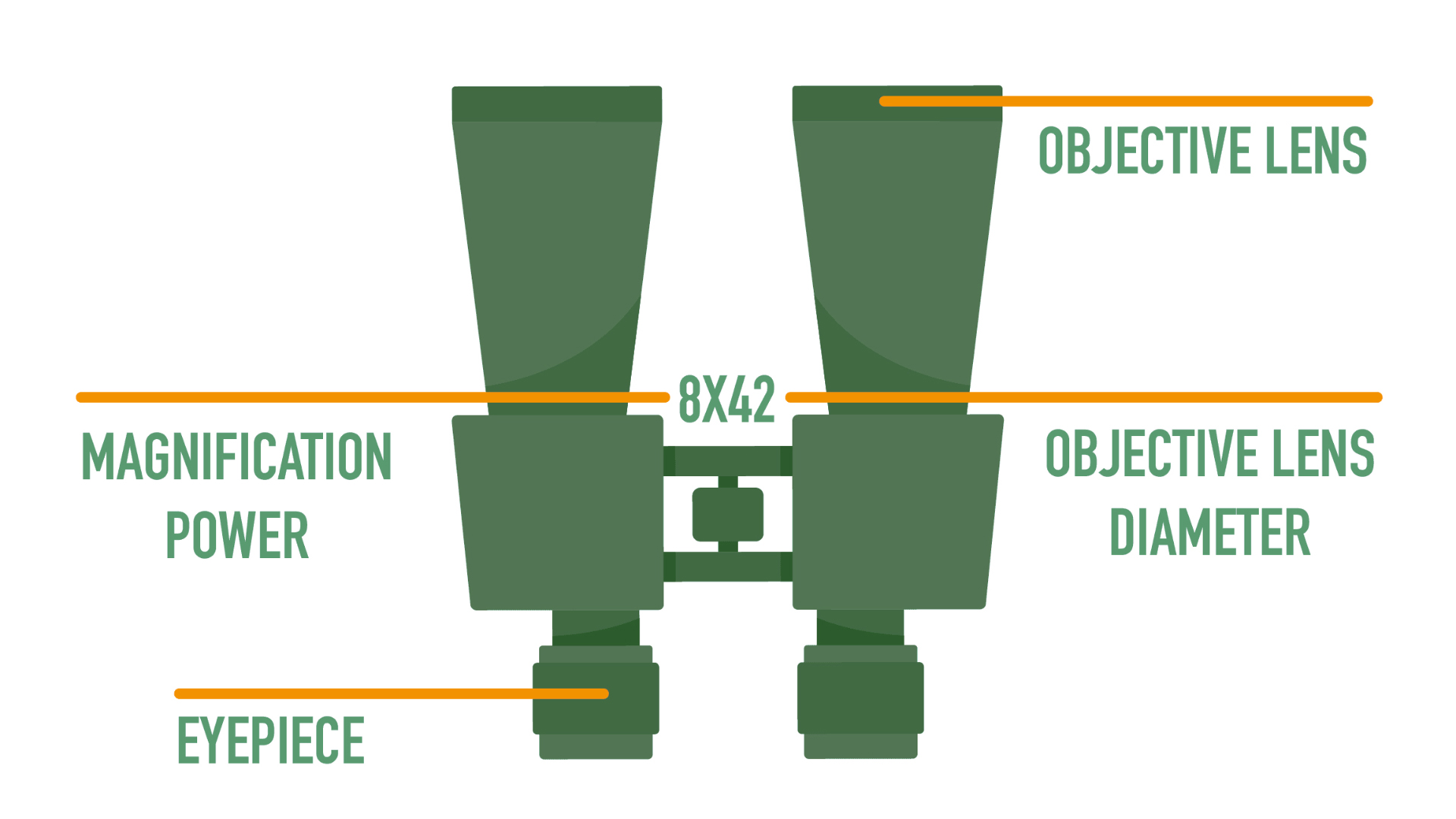The Importance of Field Glasses in Education And Learning and Scientific Research Study: How These Optical Instruments Add To Knowing and Exploration
The combination of field glasses right into instructional setups and clinical research is typically ignored, yet their contribution to boosting observational skills is considerable. In self-controls varying from environmental science to astronomy, binoculars serve as crucial devices that promote query and critical reasoning.
Enhancing Observational Skills
In educational and research settings, using binoculars considerably enhances observational skills among pupils and practitioners alike. These optical instruments facilitate a much deeper understanding of remote topics, enabling customers to observe information that would certainly otherwise stay hidden. By employing binoculars, learners can take a look at wildlife, huge phenomena, and geological formations, cultivating an extra extensive connection to the subject matter.
Binoculars function as essential devices in area research studies, encouraging students to involve actively with their environment. Via boosted observation, they can gather information better, leading to improved logical abilities. This hands-on experience enables for the development of essential reasoning, as students have to translate what they see and associate it to theoretical expertise.

Bridging Theory and Method
Observational abilities established with making use of binoculars naturally result in a more extensive assimilation of academic knowledge with useful application. By engaging in straight observation, students can transform abstract ideas right into substantial experiences. This harmony fosters a much deeper understanding of clinical concepts as students attach theoretical frameworks with real-world sensations.
For example, when researching avian biology, students can apply their knowledge of bird makeup and behavior with the lens of binoculars, observing characteristics such as plumage variant, feeding routines, and migratory patterns. This direct interaction not just strengthens academic concepts yet additionally grows critical reasoning and logical skills.
Additionally, using binoculars urges learners to develop theories based upon their monitorings, therefore enhancing their scientific questions skills. They can actively evaluate these hypotheses in the field, bring about a much more experiential knowing environment that advertises interest and expedition.
Basically, binoculars work as a crucial device in bridging the space in between class learning and fieldwork - Binoculars. They empower trainees to end up being energetic individuals in their education, encouraging an alternative method to understanding the environment and its complexities. Thus, the combination of concept and technique is essential for cultivating educated and engaged students
Applications in Environmental Science
Making use of field glasses in environmental scientific research improves the ability to observe and examine ecosystems with greater accuracy. These optical tools are vital for performing field researches, enabling researchers to keep an eye on wildlife populations, analyze plant health and wellness, and review environment problems without interrupting the natural environment. Binoculars facilitate the identification of types at numerous ranges, enabling researchers to collect critical information on biodiversity and habits.
In eco-friendly research study, field glasses are crucial devices for ornithologists studying avian behavior and movement patterns. They enable scientists to record monitorings over long durations, adding to useful longitudinal researches - Binoculars. Additionally, field glasses visit here play a crucial duty in environment analyses, as they permit the thorough monitoring of plant communities and their communications within ecosystems
Environmental instructors additionally gain from field glasses, as these instruments enhance experiential learning opportunities. Pupils can involve directly with their environments, cultivating a much deeper appreciation for ecological systems. By integrating binoculars into curricula, instructors can influence the future generation of environmental scientists.
Duty in Astronomy Education
Using field glasses in astronomy education and learning supplies an obtainable entrance for trainees and enthusiasts to check out celestial sensations (Binoculars). Unlike large telescopes, binoculars are mobile, user-friendly, and relatively affordable, making them a suitable introductory tool for observing the night sky. Pupils can conveniently engage with the universes, fostering a hands-on knowing experience that boosts their understanding of astronomical concepts
Field glasses allow users to observe a selection of celestial things, including the Moon, why not try here worlds, and celebrity clusters. Notably, binoculars serve as a bridge to extra complex expensive instruments, offering fundamental experiences that can stimulate much deeper interest in the field.
In instructional settings, directed binocular sessions can advertise team collaboration and conversation, boosting the learning experience. The shared experience of observing celestial objects can grow a sense of neighborhood amongst students. In general, field glasses play a critical role in demystifying astronomy, making it friendly and pop over to this web-site interesting for individuals whatsoever degrees of education and learning.

Inspiring Interest and Questions
Binoculars not just facilitate the observation of holy sensations but additionally spark a feeling of curiosity and query amongst students. By supplying a more detailed take a look at far-off things, binoculars motivate learners to ask concerns and check out the atmosphere around them. This device changes passive understanding into an energetic, interesting experience, fostering a deeper understanding of scientific ideas.
When pupils make use of field glasses to observe wildlife, landscapes, or huge things, they develop observational skills that are vital for clinical questions. The act of concentrating on specific details prompts them to develop hypotheses, carry out investigations, and draw verdicts based upon their monitorings. This process not just improves their vital thinking capabilities however additionally supports a long-lasting enthusiasm for exploration.
Furthermore, binoculars can bridge the space in between theoretical understanding and real-world application. Ultimately, the use of field glasses in instructional setups offers as a driver for inquisitiveness, encouraging pupils to go after understanding with excitement and promoting a feeling of wonder about the globe around them.
Conclusion
In recap, binoculars function as essential devices in education and clinical study, substantially enhancing empirical skills while connecting the gap in between theoretical expertise and useful application. Their varied applications in fields such as environmental scientific research and astronomy highlight their significance in cultivating curiosity and questions among trainees. By helping with thorough exams of far-off topics, binoculars not only motivate the next generation of researchers but likewise cultivate a profound gratitude for expedition and the scientific approach.